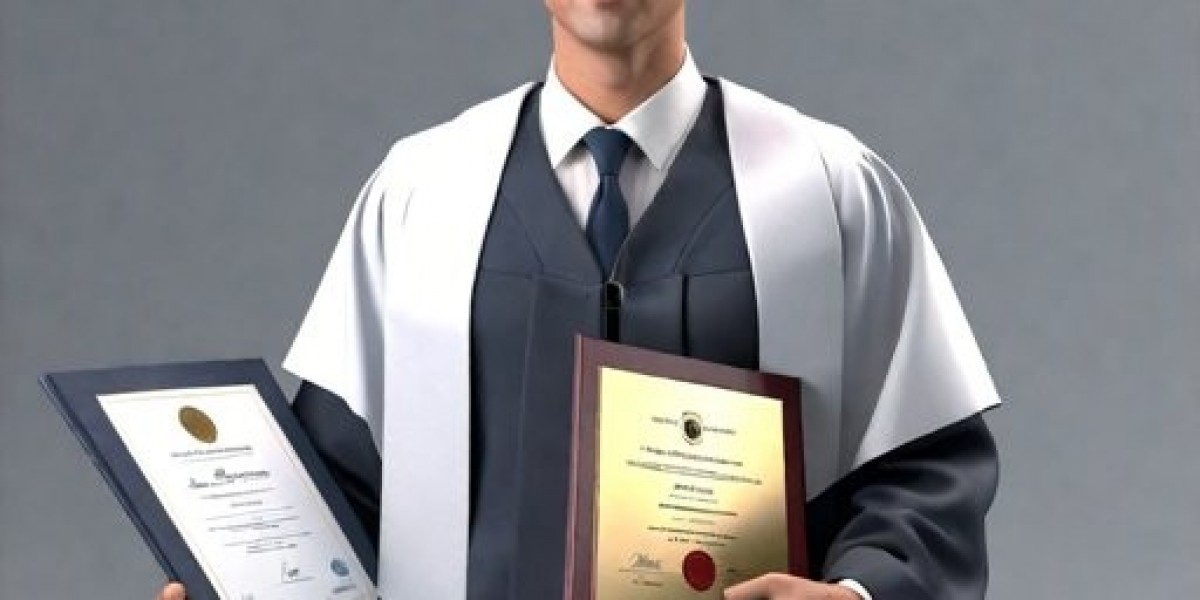In the past, the Korean scientific community was hesitant about working with creationists due to the fear of giving the movement more credence. However, silence is no anymore an option.
 The STR has been campaigning to get rid of textbooks that describe evolution, including the discovery of the feathered dinosaur Archaeopteryx as an ancestral bird's ancestor. But this is merely one aspect of the evolution of the development paradigm.
The STR has been campaigning to get rid of textbooks that describe evolution, including the discovery of the feathered dinosaur Archaeopteryx as an ancestral bird's ancestor. But this is merely one aspect of the evolution of the development paradigm.What is Evolution?
The theory of evolution is a scientific one that explains the changes in the genetic characteristics of living organisms over time. The theory is based on the fact that living organisms adjust to their environment, which can result in changes to genes or whole genomes. Over time the changes could result in the emergence of new species. Natural selection is the dominant theory of evolution. It explains how individuals with advantageous traits are more likely to reproduce and survive than those with disadvantageous ones. Over time, this differential reproduction may result in the creation of completely new species.
The term "evolution" originates from the Latin word meaning unraveling or revealing, however the concept has had a variety of meanings over the years as it has taken form in the sciences and in other fields. Some early evolutionists, including Jean Baptiste de Lamarck and Erasmus Darwin (Charles's grandfather) believed that existing species evolved into new species in a planned manner. Etienne Geoffroy St-Hilaire, Lamarck's embryologist pupil who came up with the term "transmutation" to describe this theory. Charles Lyell, in his Principles of Geology, published in 1833, criticized the idea of evolution and borrowed the term from Geoffroy’s student.
 More recently, evolutionary biologists have defined evolution as a process when living creatures develop characteristics that increase their chances of survival or ability to reproduce offspring. As time passes, genetic variation can cause a population to acquire new physical characteristics or biological functions. Natural selection is the main force behind most evolutionary changes. Changes that are not genetic, like an increase in muscle mass due to exercise or diet, can't be considered to be evolutionary because they aren't passed on to the next generation.
More recently, evolutionary biologists have defined evolution as a process when living creatures develop characteristics that increase their chances of survival or ability to reproduce offspring. As time passes, genetic variation can cause a population to acquire new physical characteristics or biological functions. Natural selection is the main force behind most evolutionary changes. Changes that are not genetic, like an increase in muscle mass due to exercise or diet, can't be considered to be evolutionary because they aren't passed on to the next generation.Creationists have a tendency to use the argument that evolution is controversial, despite the fact that it has been proven to be true by thousands of scientific tests and that it has stood the test of time. They claim that the theory should not be taught in schools. In South Korea, creationists won a few victories against evolution in textbooks for high schools. This includes the removal of all references about the evolutionary history of humans as well as Archaeopteryx which is a feathered dinosaur that is believed to be the bird's ancestor.
Why is Evolution Important?
Evolution explains how Earth and all living species evolved. It is also a fundamental part of biology and helps scientists comprehend how living organisms operate and develop. Evolution also shows the connections between species. Scientists study evolution to better understand the natural world, and to make useful discoveries including the development of new treatments.
The evidence for evolution of biological species is overwhelming. There is no other scientific theory that explains more about the universe and life on our planet. It has been rigorously scrutinized and confirmed for a number of years. Many people, including some religious leaders, are in favor of the scientific theory of evolution. It is important to remember that evolutionary biology does not interfere with religions, since the theory is based on things, events and processes within the physical world.
In fact, many religious people have discovered ways to reconcile their beliefs with the theory of evolution. For instance certain Christians believe that God created the universe through evolution and that humans have an ancestry with other animals.
It is essential for scientists to stand up for the teaching of evolution. In certain countries, the opposition to evolution has been rising. In the United States some states have taken steps to limit the teaching of evolution. In South Korea, a group known as the Society for Textbook Revise, an offshoot from the Korea Association for Creation Research (KAC), is campaigning for textbook content on the evolutionary history of horses and their ancestral avian species Archaeopteryx.
While these are troubling developments, it is important to keep in mind that the evidence for evolution is overwhelming. The evidence comes from a wide range of sources, including fossils, genetic studies, and the behavior of living organisms. The evidence is also independently verified by other scientists.
The vast majority of scientists agree with the theory of evolution. The reasons behind this support vary. Scientists study evolution in order to discover practical solutions such as developing new drugs, while others do so to improve animal and plants species, mostly to benefit humans. Some scientists are simply curious, whereas others have an intense belief in God.
What is Creationism?
Creationists are people who believe that God created the universe and everything within it. They also believe that the Bible is the word of God and should be taken literally. Although not all creationists are Christian however, they are a majority. Creationists generally fall in one of two categories: Young Earth creationists (YEC) and old earth creationists (OEC).
YECs are the most well known type of creationist and they believe that God created the universe in the exact way described in the Bible. YECs believe that the biblical account of the six days of creation is literal and that the universe and life on Earth was created only recently.
OECs might not be as well-known however their beliefs are as intense as the YECs. OECs believe that the universe and all life on Earth are billions of years old, and that evolution is a myth.
Both types of creationism reject that scientific principles such as biogenesis and natural selection can explain how life began on Earth. They assert that evolution is not possible because it would require miracles. The pioneers of modern scientific thought shunned miracles in fear that they might lose their credibility.
Some creationists believe in naturalistic evolution as well as special creation, and refer to their position "theistic evolution." This is sometimes referred to as "continuous creationism" or "evolution from created kinds." In this belief system, God creates the original species and then allows them to evolve over time. These evolution changes will eventually result in new species that are similar to the original.
Others believe that God created the universe and all living things in one event, referred to as the Great Flood. These creationists believe that the first species were all created at the same time, and that they grew slowly afterward. They deny the notion of abiogenesis, and argue that self-replicating life can't come from nonliving matter.
In general, the creationists oppose the teaching of evolution in schools. This is supported by numerous professional organizations such as the National Science Teachers Association, the Association for Science Teacher Education as well as the American Anthropological Association, and the Geological Society of America. Some scientists and educational institutions, however, are more flexible and allow evolution and creationism to be incorporated into their curriculum.
What exactly is Creationism in Korea?
When people think of creationism, they often think of the United States. However, South Korea is also home to an anti-evolutionist movement. Publishers of high-school textbooks announced recently that they will remove the mention of evolution in their books. The Society for Textbook Revise, an independent body that is an offshoot of the Korea Association for Creation Research (KACCR), has led this effort. The STR has scored its first victory by removing from textbooks evidence of the evolution and ancestor of an avian, the Archeopteryx. The next goal is to eliminate excerpts from Darwin’s infamous finch-research as well as on human evolution.
STR claims that it has the support of 4,000 families and individuals. Its mission, it states is to clear the world of what it calls "atheist materialism" which paints an image of students as being negative. It also seeks to counter the influence of American Creationists across the country. A survey of trainee biology teachers found that about half do not believe in the concept of evolution. The reasons aren't clear, but could include religion or the absence of creation scientists in the country.
The KACR achieved many things through its seminars and lectures in the past. It has a bimonthly news magazine, Creation, and has published books. One of them is a textbook on the natural sciences that has an orthodox creationist perspective, which has sparked interest among college students. In 1991 the year 1991, a minister and professor began teaching Creation Science in one university and it is taught to this day.
On August 6 and 7, 1993, KACR hosted a second International Symposium on Creation Research. The event was held in conjunction with the opening of the World Expo in Daejeon. Six lecturers from outside the country including ICR's John Morris and Steven Austin addressed an audience of several thousand. KACR members and KACR have also given lectures on creation science in major seminaries. KACR plans to establish a Creation Science Education Center.







